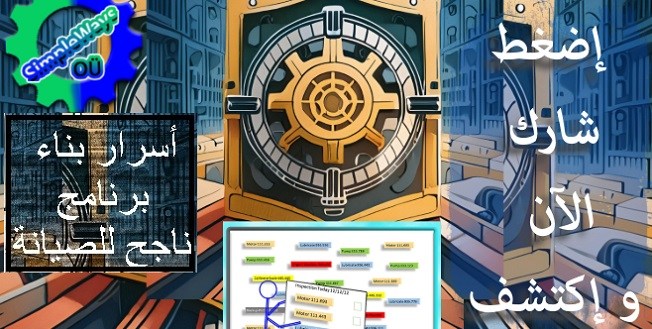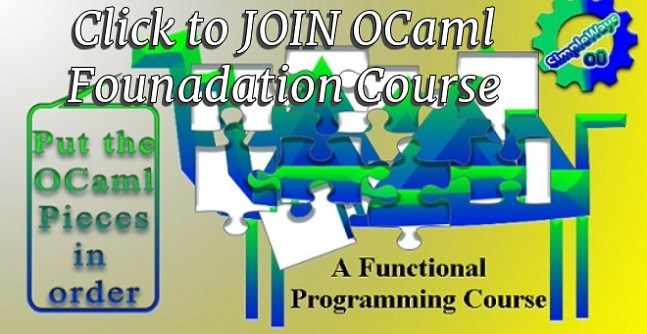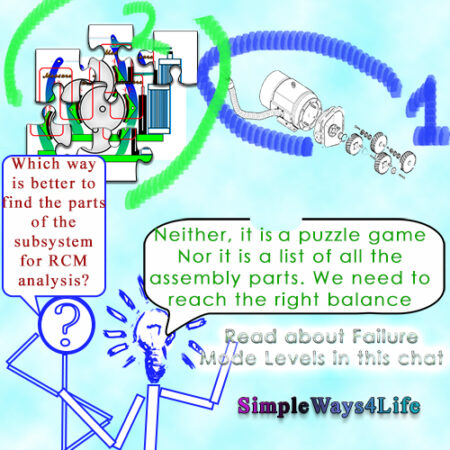Sometimes we miss one or two of the targets we committed to fulfill. Our reaction to this condition will always depend on the consequences of missing this target. Consequences always come from the external environment which is auditing out targets fulfilment in one way or the other. In some other times those targets are internal ones. Internal or self targets whether personal or work related will have one auditor; you. Even if you your inner critic won’t result in a materialized consequence, it might be more painful than the external critic. In both cases we need to be aware of how to handle this situation of an unfulfilled target.
Let’s consider our target as a project
In the project management realm, usually between 70% and 80% of the projects carry the label “Failed”. This information is usually used to create some attention. So in case you are part of a project team or you are leading one, then you need to be attentive because the probability of considering the project as a failure far exceeds the success probabilities. However when you delve deep into the project management realm, you understand that a complete failure comes between 10% to 15% of all the projects in a certain category. However, the other projects might fail one of the project metrices. So when you have a project it comes with budget, schedule and requirements or scope. Failing to achieve one of these metrices even partially is a failure to the project as per the classical PMI labelling.

LOWEST-PRICE-24F-01M

LOWEST-PRICE-24F-01M
However actually, a project is deemed a failure only when it fails to deliver the requirements totally. In other words, after some time and effort we reached to a point where we can’t complete the project. Any other partial failure to confirm to one of the constraints as budget, schedule or other secondary requirement are partial failure. The term partial failure is more close to maintenance understanding. We usually use it when an equipment is performing in an acceptable but not optimum or fully satisfactory way. The below graph is from PMI Pulse on the profession 2021. A paper called Beyond Agility. You can read it here.

How to use this project info to analyze your missed target?
From the above graph and link, You can simply see that the projects that deemed failure were only 12%. However, only 72% of the projects met the original goals. This means that 28% of the projects didn’t meet the original goals. Also, only around 50% of the projects were completed on time. This means that 50% of the project didn’t finish on the planned schedule. Moreover, 38% of the projects exceeded the original budget and, 66% of the projects had scope creep.
Now, in which way did you miss your target? And, what is the impact of this on the organization. Even it was a personal target, you need to know these 2 points. Which constraint of your target you missed? And, In which way did it affect you?

LOWEST-PRICE-24F-01M
Example: Did you miss preparing an item for the scheduled maintenance day? Was the maintenance program rescheduled because of this? How much does this rescheduling cost? Where these costs come from? Subcontractors? Raw material purchase? Increased failure rate? Was there a possibility to raise an early flag? If so, did you raise this flag and ask for support? If so, why there was no action to mitigate this effect? Simply, did you forget? or one of your team overlooked the item?
Another example, Did you fail to reduce the yearly operational cost due to maintenance by 5%? How far did you reach? 1% or 4.5%? Who made this target? Did you have enough time to review and come up with plans? Were there any milestones? Was there any early indication of missing the target? What are the consequences? You won’t get A+ in your appraisal as usual? May be your salary increase is now doubtable? Or, This will cause a business problem tot he organization. May be some manager will frown at you and that’s it?
Knowing the why and the consequences are crucial to mitigate the consequences after or even before the fact.
How to handle the missed target?
The starting point is to accept that you are responsible for this target. Then to act based on the fact that you need to take an action about it. The target here is not to blame yourself. Make your aim to start acting upon the target that seems to have issues early enough. Even the target that you missed or messed out, start taking responsibility about it, analyze what had happened and prepare your documents. This is not a call to just defend yourself. But when you know that you are responsible, you will find the energy and motivation to be up to your responsibilities. Do not wait for it to solve itself. Do not wait for Apocalypse or any other acts of fate to solve the situation. Also, do not start blaming those people around you or those situations hat happened to you.

LOWEST-PRICE-24F-01M

LOWEST-PRICE-24F-01M
When you act from the point of responsibility to correct the situation, to raise a flag, to brainstorm , to ask for support, you will find a lot of hands willing to help. Many targets in life come as a normal consequence of where we are. As a student, as a practitioner or as a manager every situation comes with a set of normal targets that you better accept and deal with rather than deferring them till they explode.
But for those helping hands, you are the owner of the subject they want to help you in. You need to have enough clear information about the task or the part of the task you want help in. Even if you are asking for more clarification, how far had you dig into the subject to explore it. Where exactly are you stuck in your understanding. Many are not that encouraged to help those who are not willing to help themselves.
In Summary,
It is no more than ABCDEFGHI:
- Analyze the missed or about to get missed or messed up target
- Broadcast a request for support, clarification, or the early flag that we need a detour
- Clarify what exactly you want based on your analysis of the situation or consequences. In other words, show that you had done your homework
- Document the Analysis, requests and, details
- Evaluate the new expected situation
- Feel positive, you are on the track of getting it solved because you work on it
- Go wherever possible and knock every door
- Hold the responsibility but be patient with yourself, there is no situation that won’t end in some way. Just we plan to make a happy ending
- Intend to do better in the next time. Now you have the knowledge and experience.
If you feel you need help with any of these ideas we discussed, request a Management Consultancy or Coaching Services From our Store









